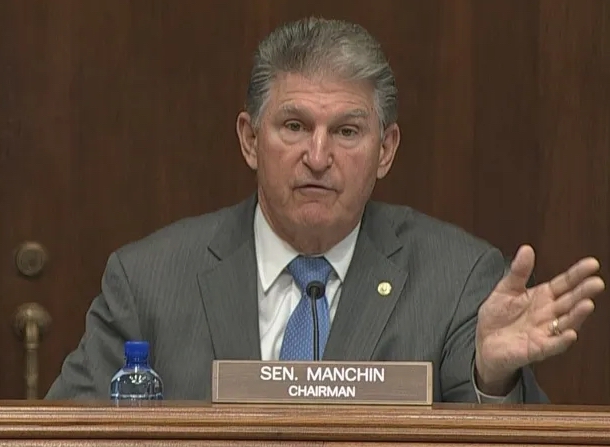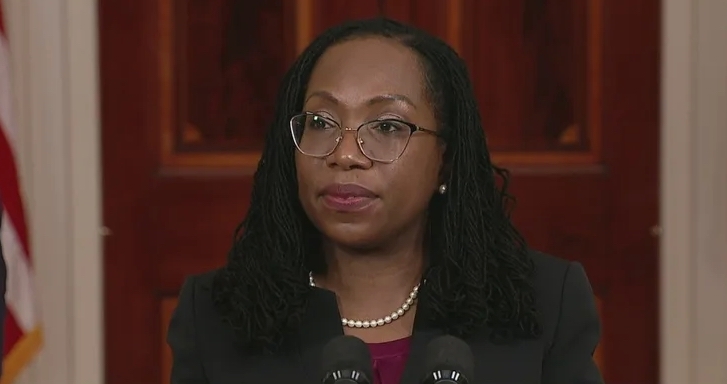Today, the U.S. Supreme Court will hear arguments in Espinoza v. Montana Department of Revenue, which challenges the use of the state’s Blaine amendment to torpedo a tax credit scholarship law.
Blaine amendments prohibit the state from directly or indirectly allocating government dollars to faith-based organizations or programs. North Carolina does not have a Blaine amendment, but 37 states do.
Nick Sibilla of the Institute for Justice writes in The Atlantic,
At first glance, Blaine Amendments may seem like a benign way to ensure the government’s neutrality toward religion. In the 1875 speech that inspired Representative Blaine, President Ulysses S. Grant called for a federal ban on government funding for “sectarian schools” in order to “keep the Church and state forever separate.” More recently, nine states with Blaine Amendments collectively filed an amicus brief in the Espinoza case, arguing that no-aid provisions like theirs and Montana’s merely “sought to solidify the Framers’ original design separating church and State.”
But Blaine Amendments weren’t truly devoted to the separation of Church and state. Instead, they were mainly focused on separating the Catholic Church and state. Although public schools are largely secular today, that wasn’t the case in the 19th century. Public or “common” schools typically instilled in their students a nondenominational form of Protestantism, requiring them to sing hymns, pray, and read from the King James Bible—in direct conflict with Catholic dogma.
…
For decades, the U.S. Supreme Court has repeatedly struck down laws and policies that hide their prejudice behind a fig leaf of neutrality. With Espinoza, the high court should seize the opportunity to continue this legacy.
If the Supreme Court sides with the plaintiff, it may bury Blaine amendments once and for all.


